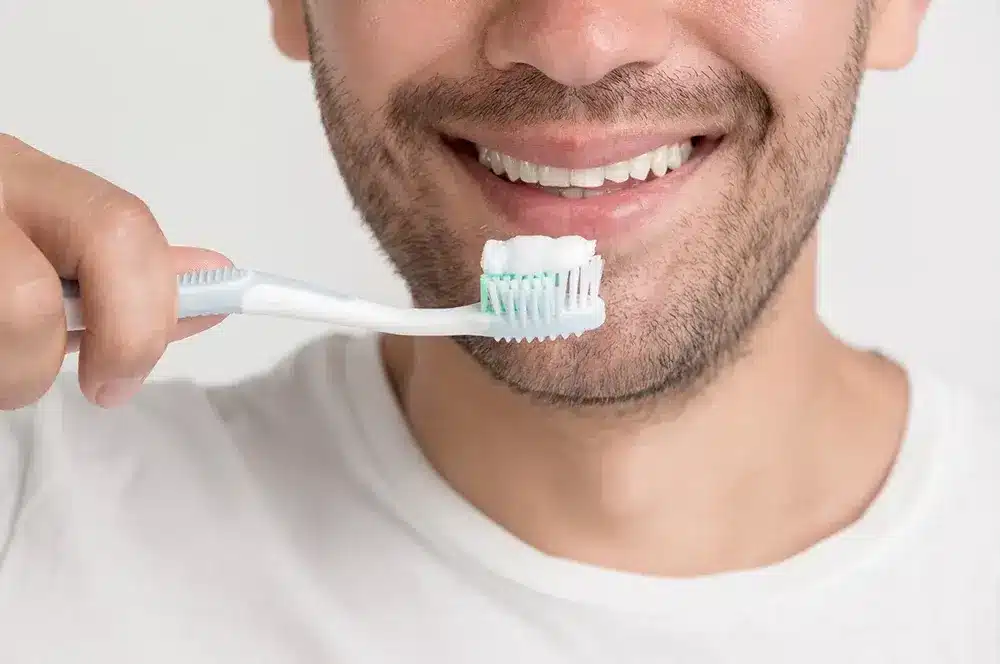Top 10 Tips for Maintaining Outstanding Oral Hygiene
Introduction
Maintaining excellent oral hygiene is not only essential for a beautiful smile but also for overall health. Poor oral care can lead to problems ranging from tooth decay and gum disease to systemic conditions such as heart disease and diabetes. In this article, we share the top 10 tips for keeping your mouth exceptionally clean, along with practical advice and insights to help you establish lifelong healthy habits.

1. Brush Your Teeth at Least Twice a Day
One of the simplest yet most effective ways to maintain oral hygiene is to brush your teeth regularly.
- Use a Soft-Bristled Toothbrush: Gentle brushing prevents gum damage while effectively removing plaque.
- Fluoride Toothpaste: Fluoride strengthens enamel and helps prevent cavities.
- Technique Matters: Hold your brush at a 45-degree angle to your gums and use short, circular motions for best results.
2. Floss Daily
Even with regular brushing, plaque and food particles can become trapped between your teeth.
- Importance of Flossing: Flossing reaches areas that your toothbrush cannot, reducing the risk of cavities and gum disease.
- Correct Technique: Slide the floss gently between your teeth and curve it around each tooth in a “C” shape to remove plaque effectively.
3. Use an Antibacterial Mouthwash
Mouthwash complements brushing and flossing by reducing bacteria in the oral cavity.
- Choose the Right Formula: Look for mouthwashes that contain antibacterial agents and fluoride.
- Daily Routine: Rinse for at least 30 seconds to help decrease the microbial load and freshen your breath.
4. Maintain a Balanced Diet
What you eat plays a crucial role in your oral health.
- Limit Sugary and Acidic Foods: Frequent consumption of sugar and acidic beverages increases the risk of tooth decay.
- Include Dental-Friendly Foods: Dairy products, crunchy fruits, and vegetables can help clean teeth naturally and provide essential nutrients.
- Stay Hydrated: Drinking water throughout the day helps wash away food particles and bacteria.
5. Avoid Tobacco and Limit Alcohol
Tobacco use and excessive alcohol consumption have detrimental effects on oral health.
- Smoking: It reduces saliva flow, which increases the risk of plaque buildup and gum disease.
- Alcohol: Excessive alcohol can dry out your mouth and lead to oral cancer over time.
- Quitting or Reducing Use: Cutting back on these substances dramatically improves your oral and overall health.
6. Replace Your Toothbrush Regularly
To ensure effective cleaning, it is important to change your toothbrush or brush head every three months.
- Signs of Wear: Frayed bristles do not clean effectively and can harbor bacteria.
- Hygiene Tip: Replace your toothbrush after recovering from an illness to prevent re-infection.
7. Schedule Regular Dental Check-Ups
Routine dental visits are key to preventing dental problems and maintaining good oral hygiene.
- Professional Cleanings: Dental cleanings remove tartar and help prevent gum disease.
- Early Detection: Regular exams allow dentists to catch problems early, reducing the need for more complex treatments later.
8. Consider Dental Sealants for Extra Protection
Sealants are thin, protective coatings applied to the chewing surfaces of your molars.
- How Sealants Work: They provide a barrier against plaque and food particles, reducing the risk of cavities.
- Ideal for Children and Adults: Particularly beneficial for those prone to cavities or with deep grooves on their teeth.
9. Manage Stress Effectively
Stress can affect your oral health by contributing to habits such as teeth grinding (bruxism) and neglect of proper oral care.
- Stress Reduction Techniques: Consider yoga, meditation, or regular physical exercise to manage stress.
- Professional Help: If stress is affecting your daily life, seeking counseling can be beneficial.
10. Educate Yourself About Oral Health
Knowledge is power when it comes to maintaining oral hygiene.
- Stay Informed: Read reliable sources and ask your dentist for advice about the latest dental care practices.
- Involve the Whole Family: Encourage everyone in your household to adopt good oral hygiene practices, making dental care a family priority.
Additional Tips and Considerations
The Role of Technology in Oral Hygiene
Advances in dental technology have made it easier to maintain excellent oral hygiene. For example:
- Electric Toothbrushes: Many studies suggest that electric toothbrushes can remove plaque more effectively than manual ones.
- Smart Toothbrushes: Some devices track your brushing habits and offer personalized tips to improve your technique.
Impact of Oral Health on Overall Wellbeing
Maintaining outstanding oral hygiene goes beyond keeping your teeth white and gums healthy.
- Systemic Health: Poor oral hygiene has been linked to cardiovascular disease, diabetes, and respiratory infections.
- Quality of Life: A clean mouth contributes to better self-confidence, social interactions, and overall happiness.
Conclusion
By following these top 10 tips, you can maintain outstanding oral hygiene and enjoy a healthy, beautiful smile for life. From daily brushing and flossing to regular dental visits and a balanced diet, every small step counts toward a healthier mouth and overall wellbeing. Embrace these habits and educate your family on the importance of dental care, and you’ll be well on your way to enjoying the benefits of optimal oral health.
